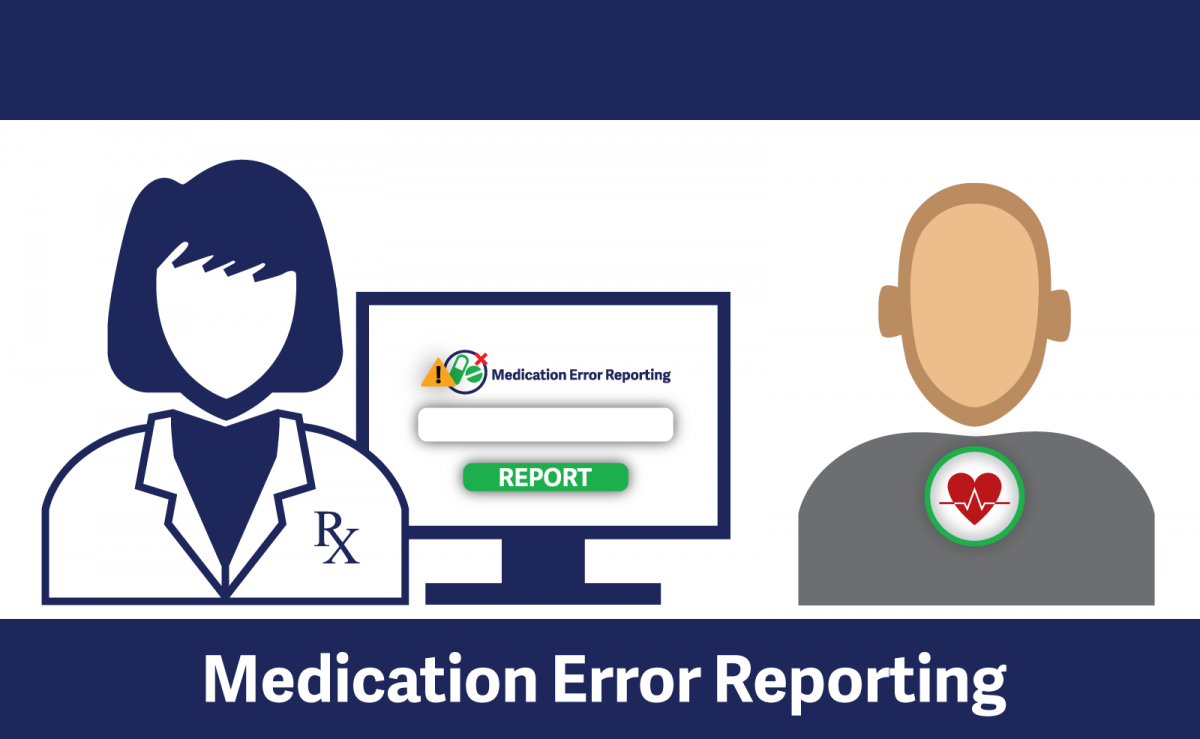Mandatory Medication Incident Reporting
The College is set to begin developing standards and criteria, as well as bylaw and policy changes in order to implement mandatory anonymous Medication Incident Reporting in all pharmacies by 2022/2023.
Medication errors are a leading cause of preventable injuries and result in significant costs to health systems across the world. In 2017/2018 and 2018/2019, the most common complaints received by the College were related to medication dispensing errors by pharmacy professionals.
The motion to require anonymous medication incident reporting was approved by the College Board at its September 2019 meeting.
The goal is to allow pharmacies to use any medication incident-reporting platform they choose, provided it is among those that meets the College’s criteria, which has yet to be developed. These criteria include the capability to transfer a minimal data set into a national repository that is administered by an independent third party.
There is an information system currently in use within hospital pharmacies; the minimal data set will also be transferred into a national repository.
“Data analysis, and the learning that comes from that analysis is key to minimizing human error. Without learning from errors, collecting data is useless. Anonymous reporting removes the human component and looks solely on the events and environment of the incident. Allowing the analysis to critique the work leads to more feedback, which improves the practice.”
- Melissa Sheldrick
The issue was first presented to the Board at its November 2017 meeting by Melissa Sheldrick, a patient safety advocate whose son passed away due to a drug dispensing error in Ontario.
As a result, the College began exploring mandatory medication error reporting to an independent third party in November 2017 as part of a broader effort to explore potential alternatives to the College’s existing quality management requirements.
There is currently no way to quantify the number and types of medication incidents that are occurring in community pharmacy settings, and there is no central information system to which community pharmacy staff can report medication incidents. As a result, there is a missed opportunity for the majority of pharmacies and pharmacy professionals in BC to learn from incidents occurring in other pharmacies.
Data analysis of medication incidents has the potential to improve public safety nationally and provincially. Mandatory anonymous medication incident reporting provides data that can be analyzed to help identify trends in incidents that are occurring and provide opportunities to learn from mistakes, improve practice and better protect the public.
Several provinces in Canada have implemented, or are in the process of implementing, new quality management requirements that include mandatory error reporting to an independent third party. In provinces that have adopted new quality management requirements, those requirements are generally more prescriptive than the College’s current requirements.
With the Board approval to require mandatory anonymous medication incident reporting in all pharmacies, the following next steps are planned:
| Fiscal Year | Activity |
|---|---|
| 2019/2020 |
|
| 2020/2021 |
|
| 2021/2022 |
|
| 2022/2023 |
|
As part of exploring the best path forward for medication incident reporting in BC, the College has been participating in national conversations on the implementation of medication incident reporting systems, including the NAPRA Medication Incident Reporting Working Group. Moving forward, the College will be continuing to work with the NAPRA Working Group to develop medication incident reporting standards and criteria, and establish a single national data repository.

 Share
Share



